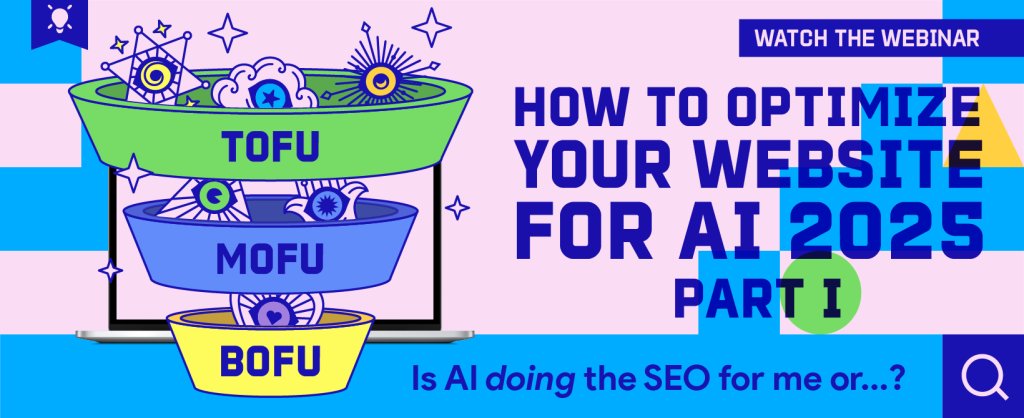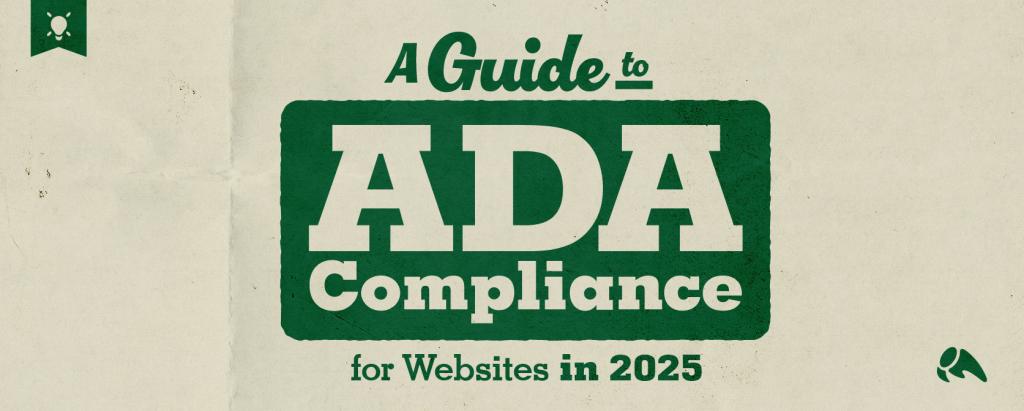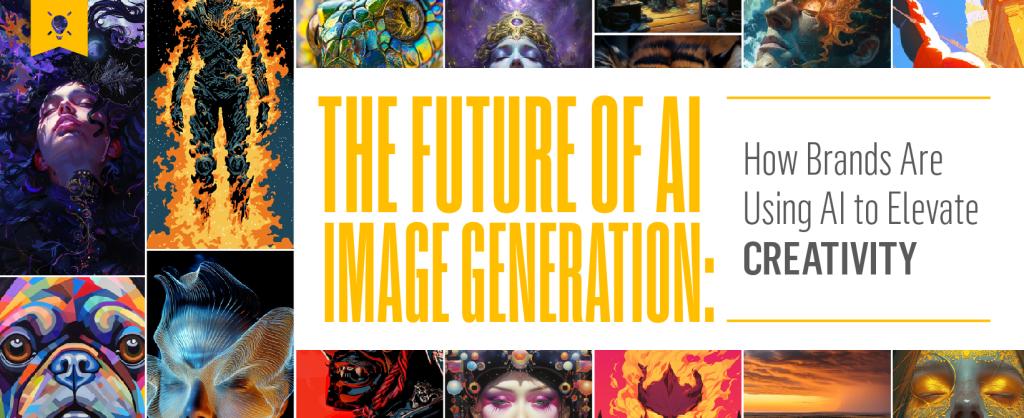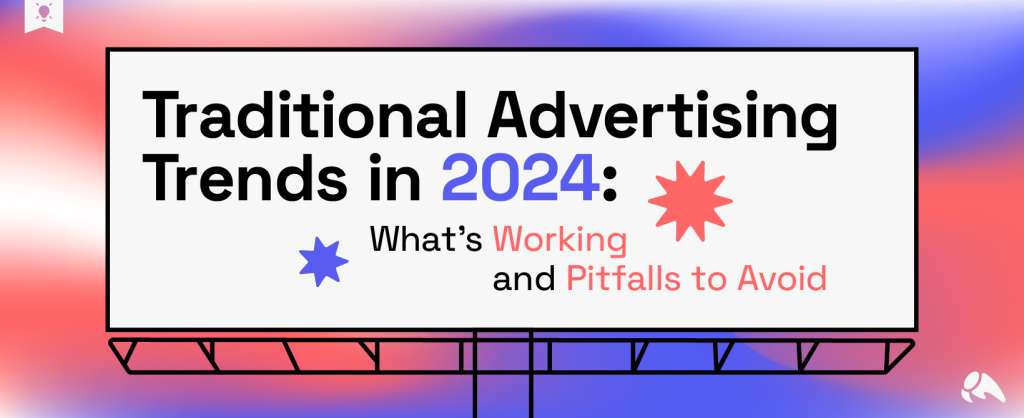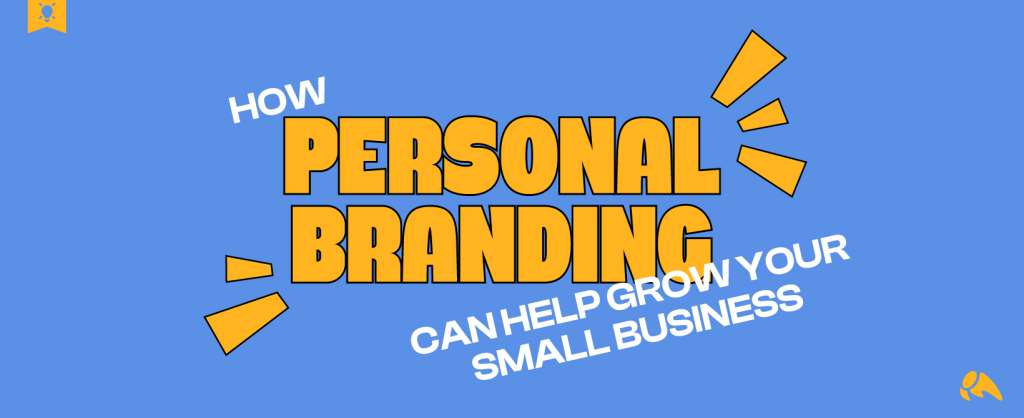Last week I had the opportunity to represent Overit at Hero Conf 2013 in Austin, Texas. Both the sessions and the networking times held valuable opportunities to learn firsthand from professionals with a wealth of knowledge and years of experience in the PPC field. I came away with notes full of new ideas to better manage our clients’ campaigns, as well as to improve our own agency processes.
Here are a few key takeaways from the conference.
Plan for Enhanced Campaigns Sooner than Later
As expected, the sessions contained multiple discussions around Google’s attempts to “enhance” our AdWords experience (collective groan from all PPC professionals). We now know automatic upgrades will be forced starting on July 22. While we may not be pleased with the removal of control for mobile-specific targeting, it’s best to plan ahead, especially with larger campaigns, to make all the adjustments necessary when upgrading, instead of waiting to be surprised in the morning with a self-upgraded campaign.
Some practical workarounds for device targeting were suggested.
- To target desktop/tablet only, set your mobile bid to -100%.
- To focus on mobile users, raise bids at periods of time when people are more likely to be using smartphones (for example, in the evening)
- Use Dimensions to see times and geographic areas where the most mobile usage occurs.
However, the lack of tablet-specific bid adjustments and separate mobile campaigns makes responsive design (and killing Flash!) all the more important to ensure a positive user experience across devices.
On the positive note, Enhanced Campaigns do contain a number of new features which can be useful, such as geographic and time bid modifiers. Using data from past campaigns and outside sales statistics can help to guide a strategy of focusing higher bids on areas and times with the best returns. As Kevin Lee noted in his keynote, geography can tell you much more about an audience than keywords alone and should be a major factor in bidding strategies. Also, it was announced that bid adjustments by ad group will be coming, allowing further granular adjustments.
Take Bing Ads More Seriously
In the interest of full disclosure, Bing was the primary sponsor of this conference. However, I think most in the PPC industry will agree that Bing Ads has made strides just over the past year in listening to advertisers and giving them the tools they need as Google has snubbed us. Most importantly, Bing Ads still allows advertisers to separate target campaigns by smartphone, tablet, or desktop, and, according to John Gagnon, has no plans of taking this control away. Along with an incredible presentation on trends from Bing’s large scale studies of their own advertisers, he noted some new features arriving, such as a search query report directly through the interface and greater analysis available into ad reach versus competitors.
Also, Matt Van Wagner’s session on quality score offered a helpful reminder on how Bing Ads quality score differs from Google AdWords. While quality score does not influence the auction environment in Bing Ads, it is an important indicator on how effective a campaign is, and can be an important red flag to diagnose problems within a campaign. In addition, Bing Ads does offer reports on historical quality score, unlike AdWords (although there are some helpful AdWords scripts for easily tracking this).
Track Leads More Intelligently
In an increasingly cross-device world, attribution modeling becomes more and more important to ensure you are not just looking at last touch to determine where a lead or sale came from. Passing hidden fields through conversion forms can attach as much data as possible to each individual to show location, campaign, ad, keyword, landing page, etc. In addition, don’t just stop at the point of conversion – look beyond to the lifetime value of each customer when analyzing data. Factors beyond the ad copy and keyword to the geography, demographics, and intent of the user play heavily into determining value. It will be interesting to see where features such as Chrome tracking a single user across devices takes the capabilities of user tracking.
New AdWords Features
Lisa Raehsler’s post on Search Engine Watch offers a good summary of the new Keyword Planner and flexible bidding announced by Paul Feng, product manager for Google AdWords. I look forward to testing these once rolled out to our accounts.
Back to the Grind
With the knowledge taken home from Hero Conf, I plan to be testing many new strategies and tactics in our campaigns over the coming weeks. Specifically, experimenting with AdWords Scripts and further integrating Excel into my workflow are two items I’ve put on my own plate.
Thanks to Hanapin Marketing for a well-planned conference with the brightest of the best in PPC!
Update: Sarah Peduzzi shared her biggest takeaways from Hero Conf 2013 on the Luna Metrics blog. Check hers out, as well!
